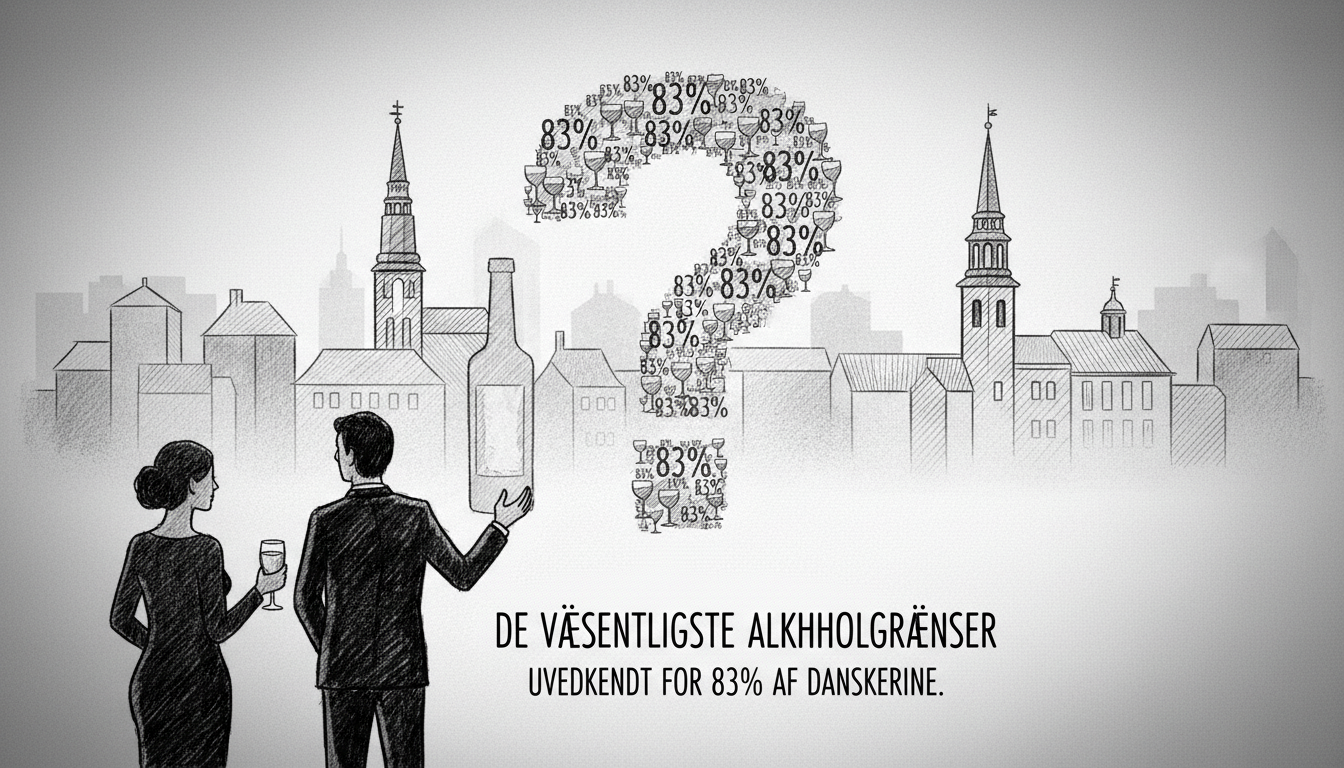A new study reveals widespread ignorance about Denmark's official alcohol recommendations. Eight out of ten Danish adults cannot recall the national health authority's guidelines for weekly alcohol consumption. This knowledge gap concerns health experts who warn it could lead to unintended health risks.
The research involved 3,023 participants aged 18 to 74. Only eight percent correctly identified the recommended maximum of ten weekly drinks. Just five percent knew the daily limit of four drinks. Project manager Peter Dalum expressed alarm about these findings. He said people might maintain unhealthy drinking patterns without understanding the risks.
Denmark's health authority established these guidelines recently. They apply equally to men and women. The recommendations also include stricter rules for young people. The health agency now advises against any alcohol consumption for those under 18. Previously, the limit was 16 years.
More than one-third of Danes still believe the old guidelines remain in effect. This confusion highlights communication challenges around public health messaging. The research shows specific demographic patterns in both knowledge and behavior.
Young adults aged 18-29 and seniors aged 60-74 most frequently exceed recommended limits. Men drink above guidelines more often than women. Overall, sixteen percent of Danes consume more alcohol than health experts advise.
Alcohol consumption carries substantial health risks. Research links drinking to over 200 diseases, including seven cancer types. These cancers affect the mouth, throat, esophagus, voice box, liver, colon, and breasts.
Peter Dalum emphasized that no completely safe alcohol consumption level exists. Risk increases with each additional drink. The Danish alcohol guidelines aim to provide clear boundaries for reduced risk.
This situation reflects broader challenges in health communication. Many countries struggle to convey complex health information effectively. Denmark's experience shows even straightforward numerical guidelines can prove difficult to disseminate.
The findings suggest need for improved public health communication strategies. Simple, memorable messaging might help bridge this knowledge gap. Better public awareness could potentially reduce alcohol-related health problems across Danish society.

